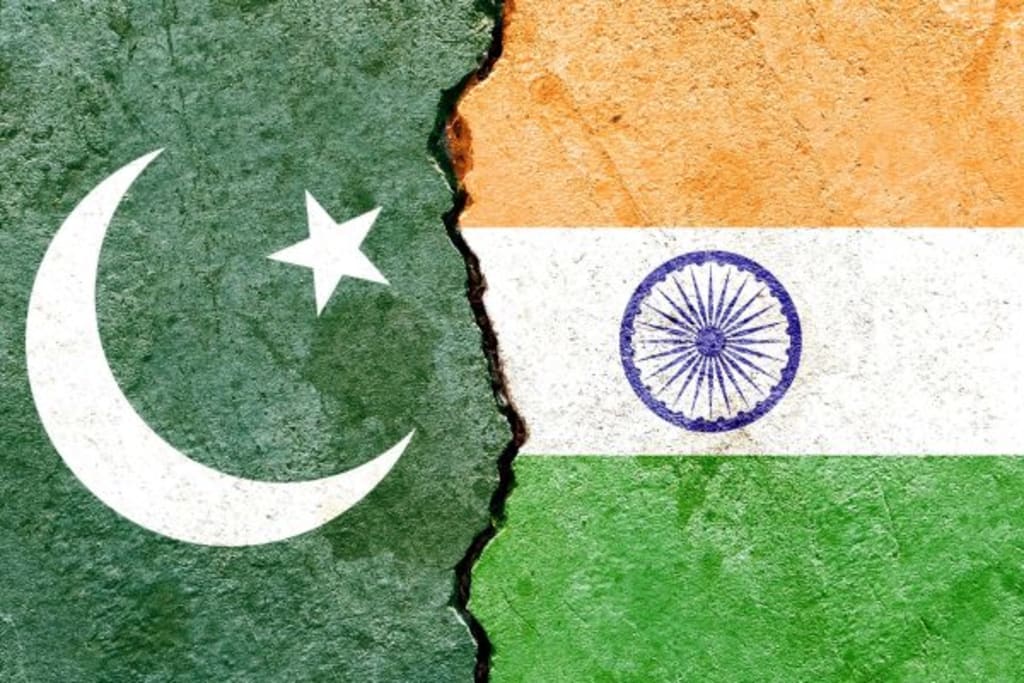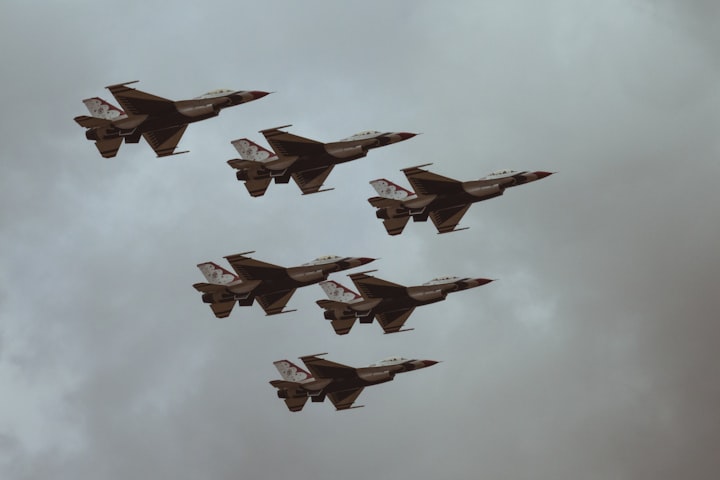India Vs Pakistan
“Memory dilutes, but the object remains unaltered.”

India and Pakistan are two neighboring countries located in South Asia. They share a long and complex history, marked by political disputes, religious differences, and military conflicts. The two countries were created in 1947, following the end of British colonial rule in the Indian subcontinent. However, their separation was accompanied by violence and mass migrations, which led to the deaths of hundreds of thousands of people and the displacement of millions.
Since their independence, India and Pakistan have been engaged in a bitter rivalry, which has often erupted into open hostilities. The main source of contention between the two countries is the disputed region of Jammu and Kashmir, which both claim as their own. The conflict over Kashmir has been ongoing since 1947 and has resulted in several wars, skirmishes, and acts of terrorism.
The relationship between India and Pakistan is complex, multifaceted, and characterized by a mix of cooperation, competition, and confrontation. On one hand, the two countries share a common cultural heritage, a similar history, and a deep connection with each other's people. They also have mutual economic interests and face common challenges, such as poverty, terrorism, and climate change. On the other hand, they are also deeply divided by religion, ideology, politics, and strategic interests, which make it difficult for them to find common ground.
One of the most significant challenges facing India and Pakistan is their nuclear weapons program. Both countries possess nuclear weapons and have engaged in a nuclear arms race, which has increased the risk of a nuclear conflict in the region. The possession of nuclear weapons has also made the relationship between the two countries more complex and unpredictable, as the threat of a nuclear exchange looms over any potential conflict.
Another major issue that has strained the relationship between India and Pakistan is terrorism. Pakistan has been accused by India and the international community of supporting and sponsoring terrorist groups that operate in India, such as Lashkar-e-Taiba and Jaish-e-Mohammed. These groups have been responsible for several terrorist attacks in India, including the 2008 Mumbai attacks, which killed over 160 people. India has also been accused by Pakistan of supporting terrorist groups that operate in Pakistan, such as the Baloch Liberation Army and Tehreek-e-Taliban Pakistan.
Despite the many challenges and conflicts between India and Pakistan, there have been some attempts to improve their relationship. In recent years, there have been several high-level meetings between the leaders of the two countries, aimed at resolving their differences and improving their cooperation. In 2019, the two countries signed an agreement to open the Kartarpur Corridor, which allows Indian pilgrims to visit a Sikh shrine in Pakistan without a visa.
However, these attempts at reconciliation have been undermined by several factors, including domestic politics, military pressure, and external actors. The rise of nationalism and religious fundamentalism in both countries has made it difficult for their leaders to compromise on sensitive issues, such as Kashmir and terrorism. The military establishments in both countries also play a significant role in shaping their foreign policies and have often opposed any attempts at peace or cooperation. External actors, such as the United States, China, and Saudi Arabia, have also influenced the relationship between India and Pakistan, often for their own strategic interests.
In conclusion, the relationship between India and Pakistan is complex, challenging, and marked by a history of conflict and rivalry. While there have been some attempts at reconciliation and cooperation, the fundamental issues that divide the two countries, such as the Kashmir dispute and terrorism, remain unresolved. The possession of nuclear weapons and the threat of a nuclear conflict also make the situation more volatile and dangerous. It is crucial for the leaders of India and Pakistan to find a way to resolve their differences peacefully and work towards a more stable and prosperous future for their people.
About the Creator
Hassan Ali Khan
A person with lots of thoughts and learning.






Comments
There are no comments for this story
Be the first to respond and start the conversation.